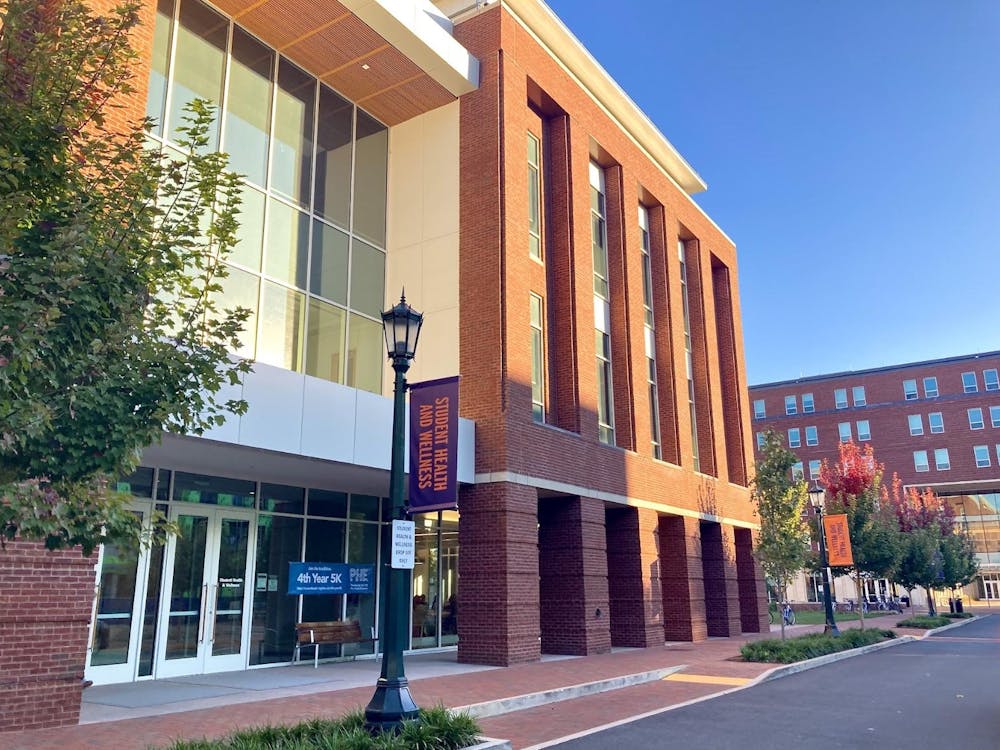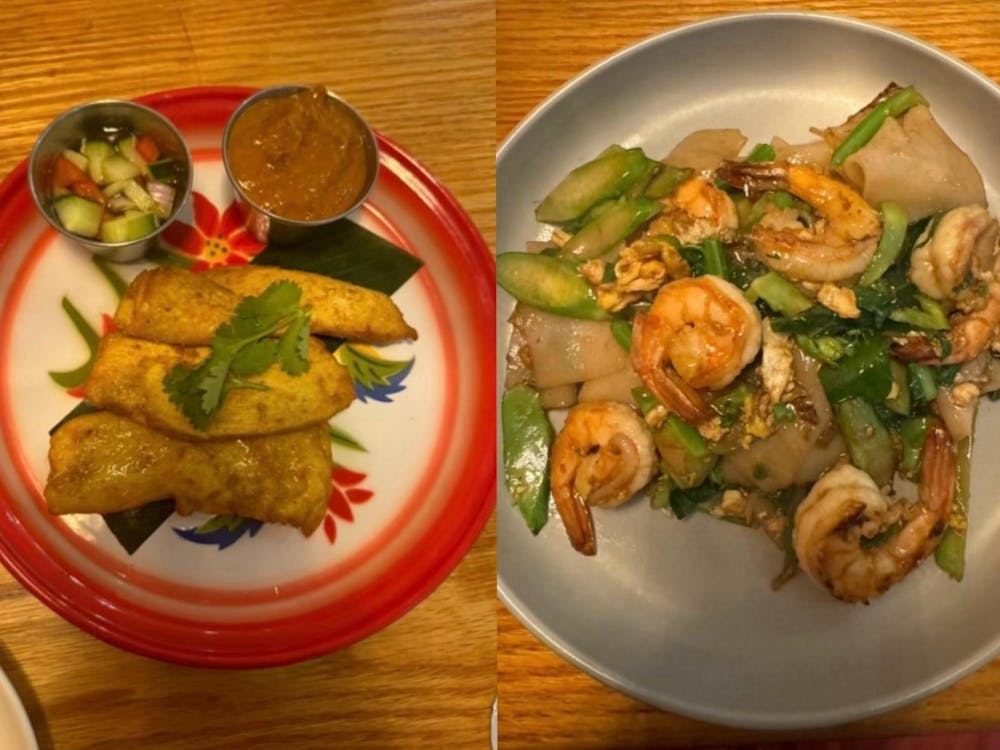In the beginning there was Adam and Eve. A-d-a-m and E-v-e. In the 21st century there are still Adam's and Eve's, there are also Sarah's, Kelly's, Christopher's, Ryan's, there are even Daffodil's and Dweezil's, and now there are also Jayke's.
My cousin recently called to announce the birth of her son Jake. Jake with a 'y.' J-a-y-k-e.
"You don't spell Jake with a y," I informed my parents and sister, who were equally bewildered by the unique spelling.
"Maybe it's a Norwegian spelling," my mother suggested helpfully. "Maybe people will think that he's Norwegian."
I tried to think of any Swen's with a y.
"Maybe people will think his parents are illiterate," I retorted. "Just like they would if I named my kid Julia, J-e-w-e-l-l-e-a-h."
My family rolled their eyes at me and told me not to worry about it, that it was none of my business how my cousin wanted to spell her child's name. Despite their admonitions I continued to be vexed at the unconventional, and in my mind illicit, spelling of Jake.
Over the next few days I shuddered every time I thought of my new cousin's moniker.
For some reason the nontraditional spelling really bothered me. I didn't understand how someone could just make up the spelling of a proper name. I mean one day you can't decide to spell phone, f-o-w-n, and have people accept it. There are certain standards society maintains when it comes to language, yet the act of naming human beings is left completely open. Parents can name their children whatever they want. That's an awesome amount of power.
Children come into this world and a name is bestowed upon them. A name that they will carry around with them (probably) for life, so it's important that a lot of thought go into the choosing. Ideally names are meaningful, chosen after lots of careful deliberation.
They are something the bearers should be proud to carry. They are gifts. Perhaps somewhat problematically this formula can be followed so that the result is a daughter named Moon Unit or something equally apt to raise a few eyebrows. I began to see the act of naming as incredibly complex.
When I was a little girl I marveled at the fact that one day I could have children named after my favorite things: Rainbow, Ice Cream, Saturday. At six I could think of no better name for a kid than Saturday. Everyone loves Saturdays so naturally everyone would love a kid named Saturday, I reasoned. As I grew I came to realize that while there are no actual enforceable rules when it comes to names, there are certain implied ones. This realization was followed by a change in preference from names like Saturday and Rainbow, to the more acceptable Grace and William. These names were certainly more sensible than the ones I previously had favored, but did they possess the same kind of spirit and joy?
Growing up I was always surrounded by other Katherine's, Kate's and Katie's. It was never sufficient to call me by my first name in school or in any other activities I participated in. I was always called by my full name. By the time I was 12 I resented my parents for their lack of originality when it came to naming me. I wished they had come up with something a little less common, although I would prefer that this uncommon name was one people had heard before. Something that would be distinctive without bringing ridicule. I figured it shouldn't have been too challenging for them to come up with such I name, but maybe it was.
If parents go the traditional route they run the risk of picking a moniker that abounds, and their children become lost in a sea of Mary's, Mike's, Matt's, and Jennifer's. Should they choose an old fashioned kind of name like Agnes or Walter, people will always wonder at the seeming anachronism of a 4-year-old Eugenia. Even more potentially dangerous is coming up with a totally unique name like Oceania or Birken. Choosing to call a child something no one has ever heard of before almost always insures that the child will be teased mercilessly at least until the sixth grade. Finding a name is most certainly not an easy task.
These days more and more people are seeking to remedy the problem of choosing a common name by creating an original spelling for the name. I suppose the logic being that a nontraditional spelling gives an edge, a little bit of oomph to a name. It's a way to add some personality to the moniker. The effect of this trend is an increasing number of alternative spellings for familiar names: Kimberleigh, Frankey, and of course, Jayke.
William Shakespeare famously asked in Romeo and Juliet, "What's in a name?" His answer should have been obvious -- everything.




